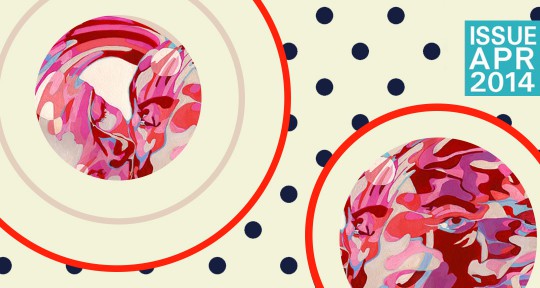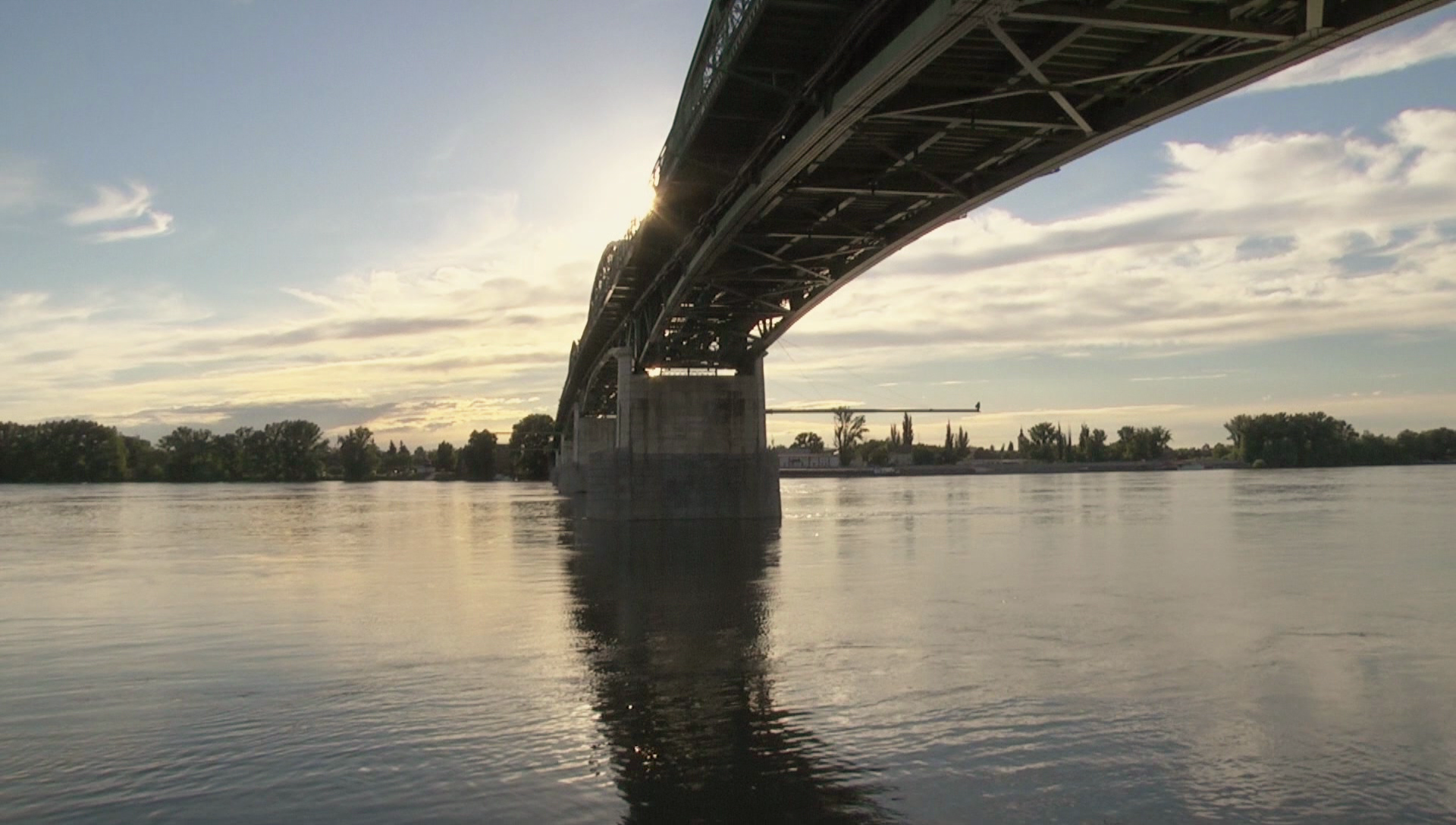By April 2014, Asymptote has snowballed into a team of 60. Though I never signed up to lead so many team members, expansion is a matter of inevitability for a magazine that publishes new work from upwards of 25 countries every quarter (and that prides itself on editorial rigor). After all, if Asymptote section editors only relied on personal connections, it would only be a matter of time before available leads dried up. There is simply no substitute for local knowledge and, more importantly, local networking, since getting the author’s permission to run or translate his or her work is often the hardest part. (For the English Fiction Feature in the Spring 2014 issue alone, I sent solicitations, directly or indirectly, to Rohinton Mistry, Chimamanda Ngozi Adichie, Jhumpa Lahiri, Ha Jin, Chang-rae Lee, Tash Aw, Akhil Sharma, and Tao Lin—all in vain alas.) An entire book could probably be written about how Asymptote wooed author X or translator Y or guest artist Z to come on board as contributor. One particularly memorable (and—I assure you—not representative of the way we operate) episode comes to mind: When her phone call to an author was intercepted and met with a flat rejection by his secretary, a particularly persistent team member signed up for a two-day workshop conducted by said author. At an intermission, she casually makes the ask. The author agrees to discuss the matter the next day, at a restaurant. During dinner, our team member is subjected to intensive grilling before permission is finally granted to run and translate his work. Here to recount how we managed to ask Nobel laureate Herta Müller to come on board as contributor (and to give us permission to translate her moving essay into 8 additional languages) is editor-at-large Julia Sherwood:
I was invited to join the Asymptote team as editor-at-large for Slovakia after volunteering to translate into Slovak Jonas Hassen Khemiri´s Open Letter to Beatrice Ask, which appeared in 20 languages in the Spring 2013 issue of Asymptote. The journal had only been around for two years, but it had already established a reputation for featuring translations from a staggering array of languages and authors who had never been published in English. Slovak, my native language, had yet to make an appearance, so I immediately set out to source suitable texts in high-quality translations. My first success came when “Where to in Bratislava”, a story by Jana Beňová and translated by Beatrice Smigasiewicz, was chosen for the Winter 2014 issue. Soon after that I managed something of a scoop: bringing to Asymptote “The Space Between Languages,” an essay by Nobel laureate Herta Müller. READ MORE…


